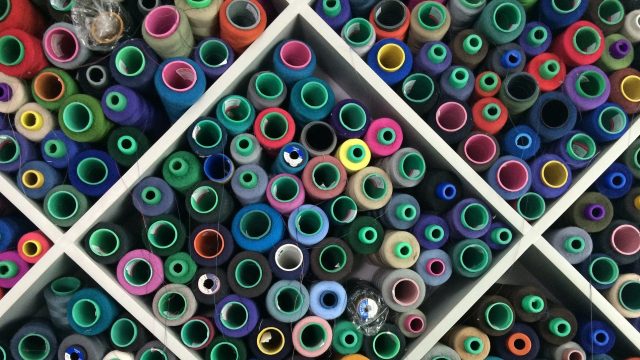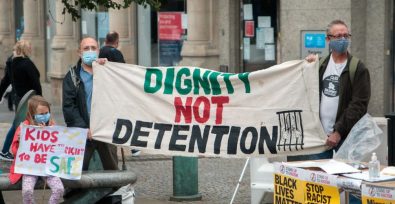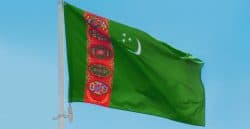As companies move towards greater supply chain transparency, they can now look at the practices of their suppliers, the supplier’s supplier and so on, going down several tiers. But with that new knowledge comes risk that they will discover modern slavery.
In the past two years alone, investigations have found human rights abuses in the supply chains of fashion retailers ASOS, Marks & Spencer, and Uniqlo.
With this month being National Human Trafficking Prevention Month, it is high time for companies to step up and address human trafficking. Lise Kingo, CEO and executive director of United Nations Global Compact, says “Decent work in the supply chain is definitely an area where the world needs to do much, much better.”
Supply Chain Dive explains that recognizing the problem is the first step, but smaller companies often struggle to figure out a plan of action:
Companies are recognizing the problem; the challenge is how to take action. The task can be especially difficult for smaller companies with limited resources.
“There’s perfection, and there’s progress. This is a process,” said Justin Dillon, founder and CEO of Made in a Free World, which develops supply chain transparency tools such as FRDM. “Companies focus on how little power we have. Look at the power we do have, and leverage that power.”
Some companies are turning to technology and applications to address labor issues. Unilever, for one, uses Blockchain to trace labor issues in its tea supply chain. Another technology application is a software platform called FRDM, which allows companies to monitor and be alerted to risks in their supply chain beyond tiers one and two.
Yet top-down initiatives such as these are not the only solutions. For example, Adidas has established hotlines available to thousands of workers in Asian factories, where they can report violations through text messages and smartphone apps, allowing workers of second tier suppliers and subcontractors to voice their concerns.
Still, larger economic pressures put suppliers in a difficult position. As Supply Chain Dive explains, “When consumers demand fast fashion at a cheap price, sometimes the suppliers have no choice but to acquiesce if they want to remain in the marketplace. On the flip side, consumer preference for ethical products can shift company priorities.”







Freedom United is interested in hearing from our community and welcomes relevant, informed comments, advice, and insights that advance the conversation around our campaigns and advocacy. We value inclusivity and respect within our community. To be approved, your comments should be civil.